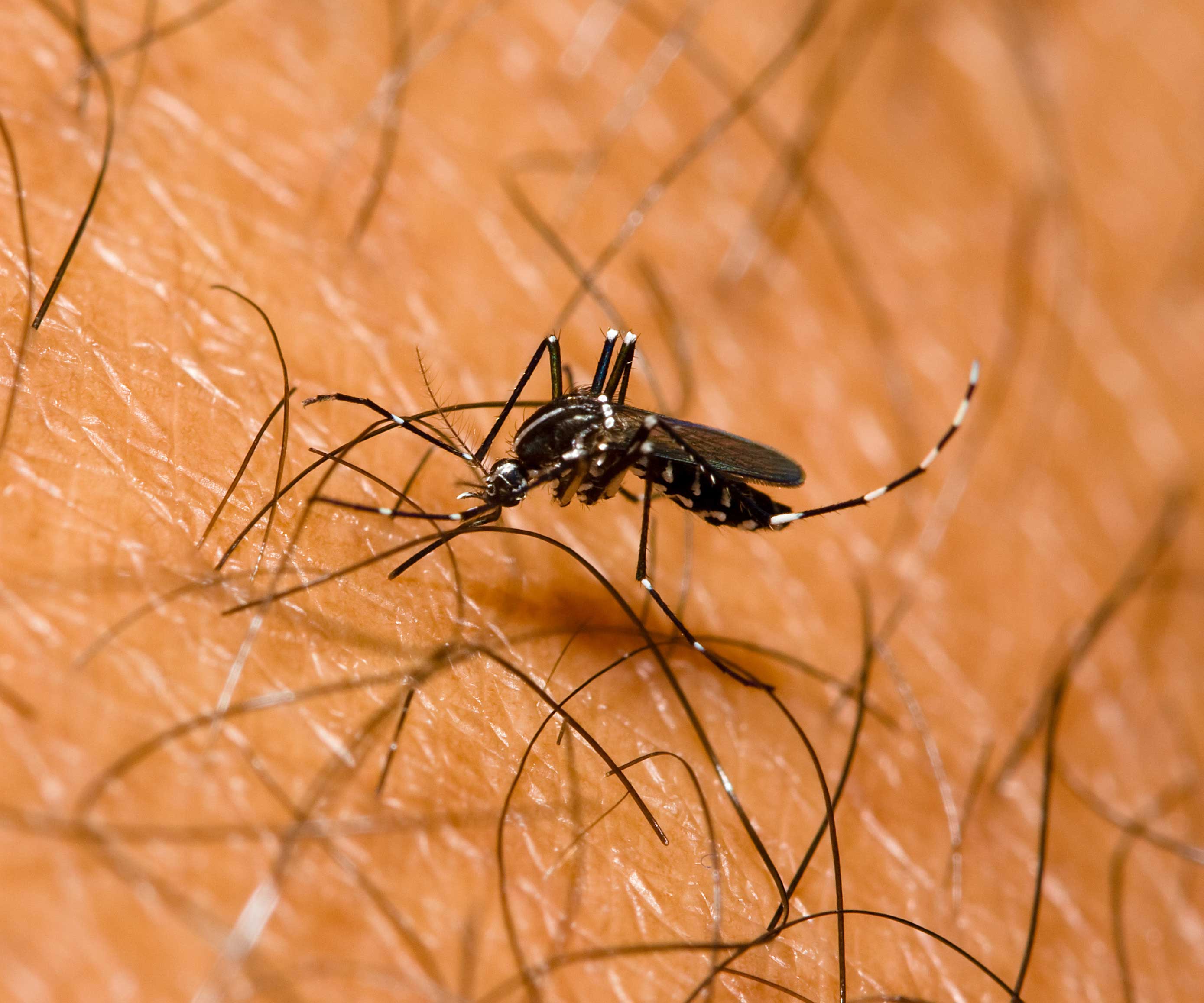The mosquito, eclipsed by the tick as a summertime health threat in the state, attracted renewed interest this week after the Connecticut Agricultural Experiment Station announced mosquitoes in 12 towns tested positive for West Nile virus this season.
The virus, detected in mosquitoes in Connecticut each summer since 1999, causes generic symptoms such as body aches, fever and vomiting. Mosquitoes trapped by the state in Branford and North Branford recently tested positive for West Nile, joining previous positive results from Glastonbury, Greenwich, North Stonington, Orange, Plainfield, South Windsor, Stamford, Stratford, West Haven and Westport.
The West Nile season lasts from August through September. The state, since 2000, has monitored West Nile virus with 91 mosquito trap sites in 73 towns.
“This is the critical time of year when virus activity reaches its peak in the mosquito population,” says Dr. Philip Armstrong, medical entomologist at the CAES.
A West Nile diagnosis is only possible with more severe symptoms, such as encephalitis (brain swelling) and meningitis. Although most people infected with West Nile Virus have either mild or no symptoms, people over 50 are more vulnerable to serious illness.
“In most cases,” says Dr. Virginia Bieluch, an infectious disease specialist at The Hospital of Central Connecticut, “a doctor will treat you symptomatically for a viral illness because there are just too many viruses out there. It’s hard to pinpoint which one it is.”
Last year, the state Department of Public Health reported one confirmed human case, a 71-year-old in Middlesex County, down from 10 cases in 2015. No cases have been reported this year. Older people are more vulnerable to the virus. The three state residents who died from the virus from 2000 to 2016 were each over 80 years old.
“It’s a minority of people,” said Dr. Bieuluch, “and most recover completely over time.”
West Nile is a relatively benign threat: If bitten by an infected mosquito, your chances of developing an illness are less than 1 in 100. To be ultra-safe, the East Shore District Health Department (serving Branford, East Haven and North Branford) recommends these precautions during the West Nile season in Connecticut:
- Minimize time spent outdoors around dusk and dawn.
- Be sure door and window screens are tight-fitting and in good repair.
- Wear shoes, socks, long pants and a long-sleeve shirt when and where mosquitoes are most active.
- Use mosquito netting when sleeping and to protect small babies when outdoors.
- Consider mosquito repellent containing DEET when outdoors.
- Dispose of water-holding containers, such as ceramic pots, used tires, tire swings.
- Drill holes in bottoms of recycling containers.
- Clean clogged roof gutters.
- Turn over plastic wading pools, wheelbarrows, etc.
- Change water in bird baths weekly.
- Clean and chlorinate unused swimming pools, including pool covers.
- Use landscaping to eliminate standing water on your property.
Always address concerns with your doctor. Looking for a primary care physician? Hartford HealthCare Medical Group has locations around Connecticut. Click here to find one near you or call 1.855.HHC.HERE (1.855.442.4373).



